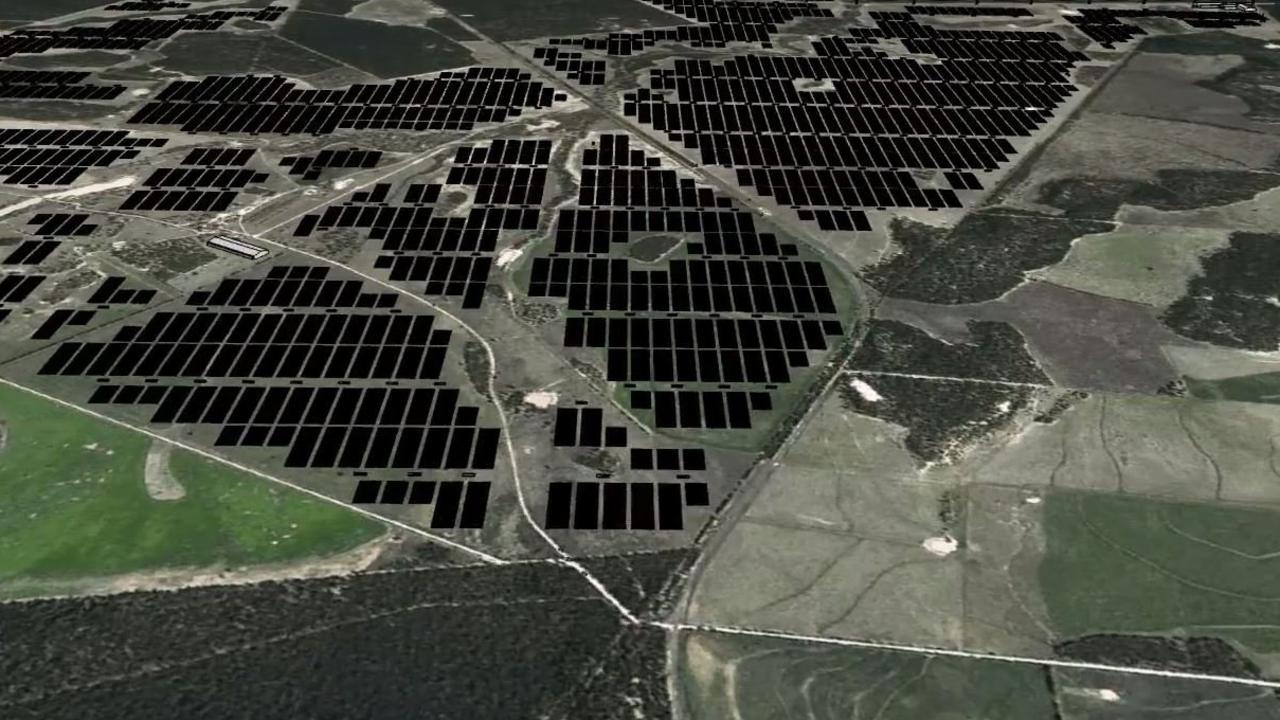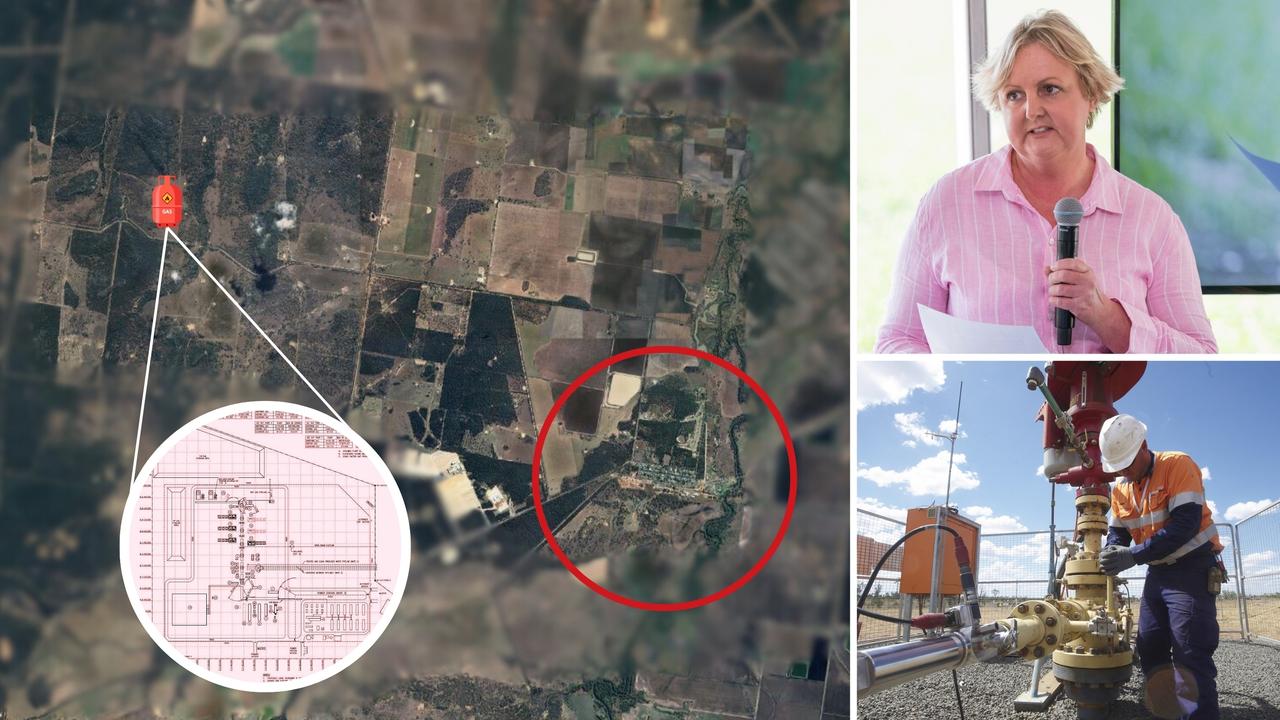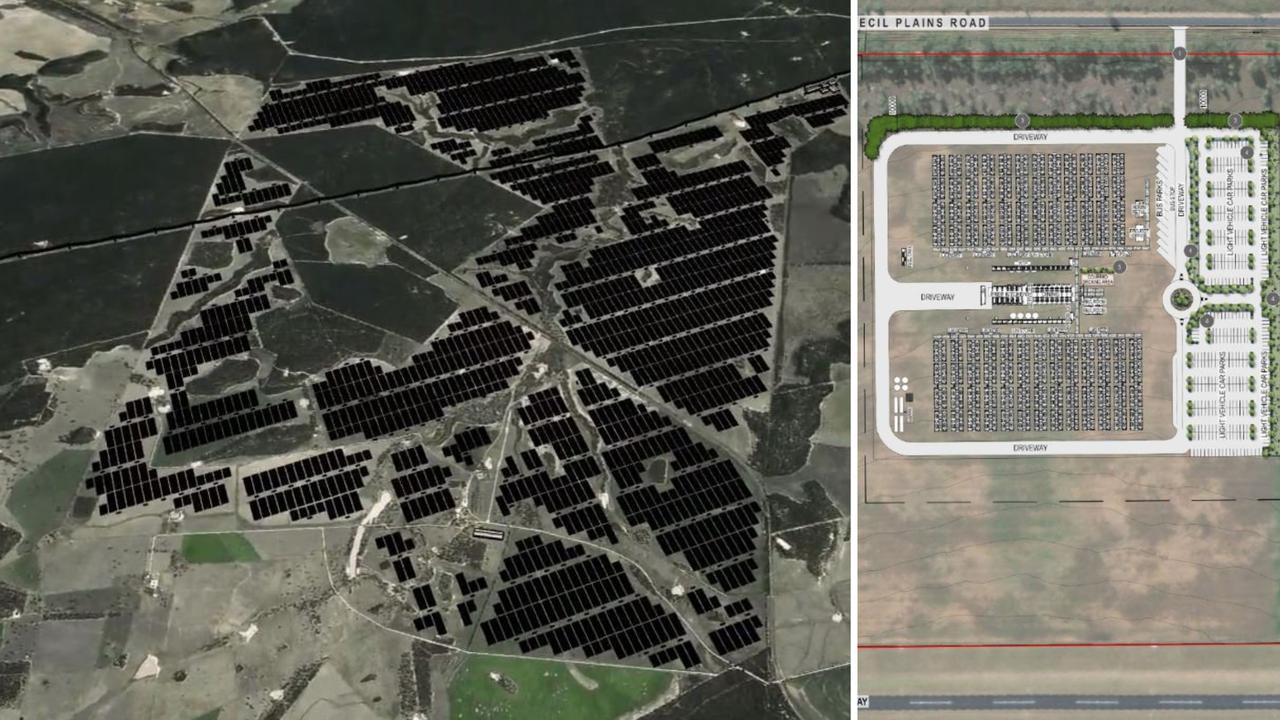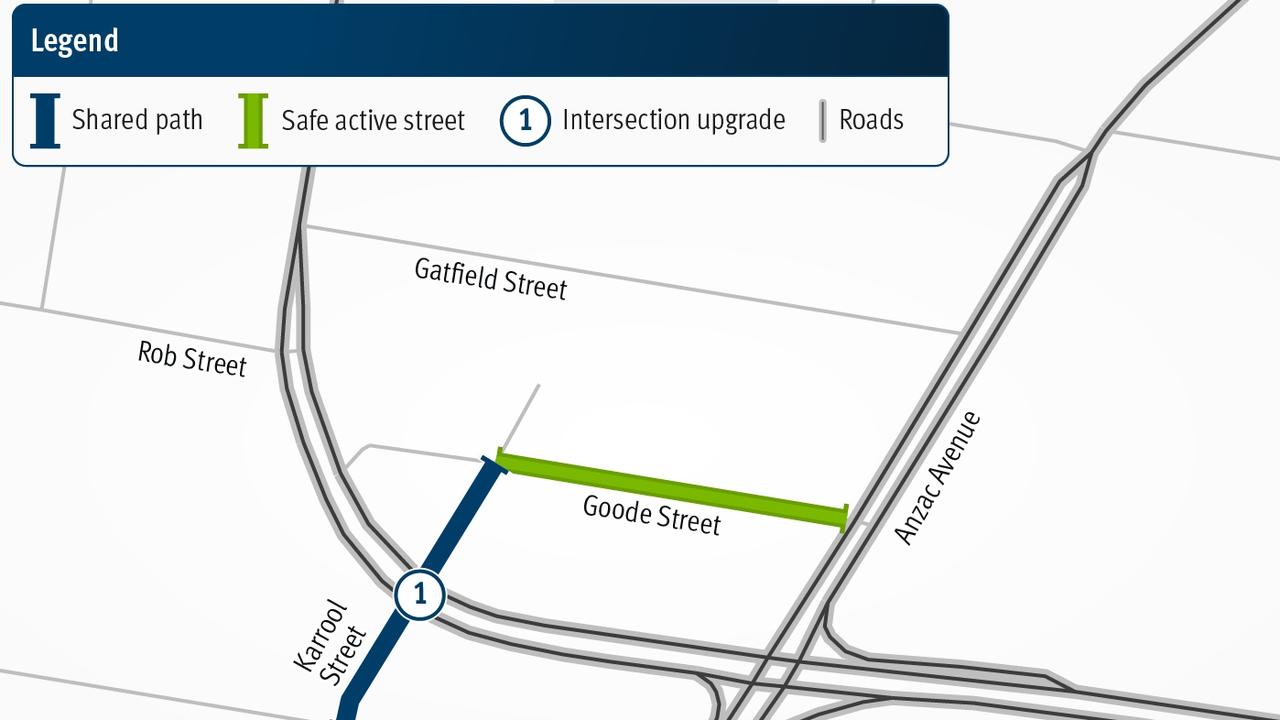Withcott fruit, vegetable processing plant outside Toowoomba worth $180m lodged with council
It’s a proposal that could turn 700,000 tonnes of fruits and vegetables into supermarket products and employ nearly 600 people. Now the project has reached a key step.
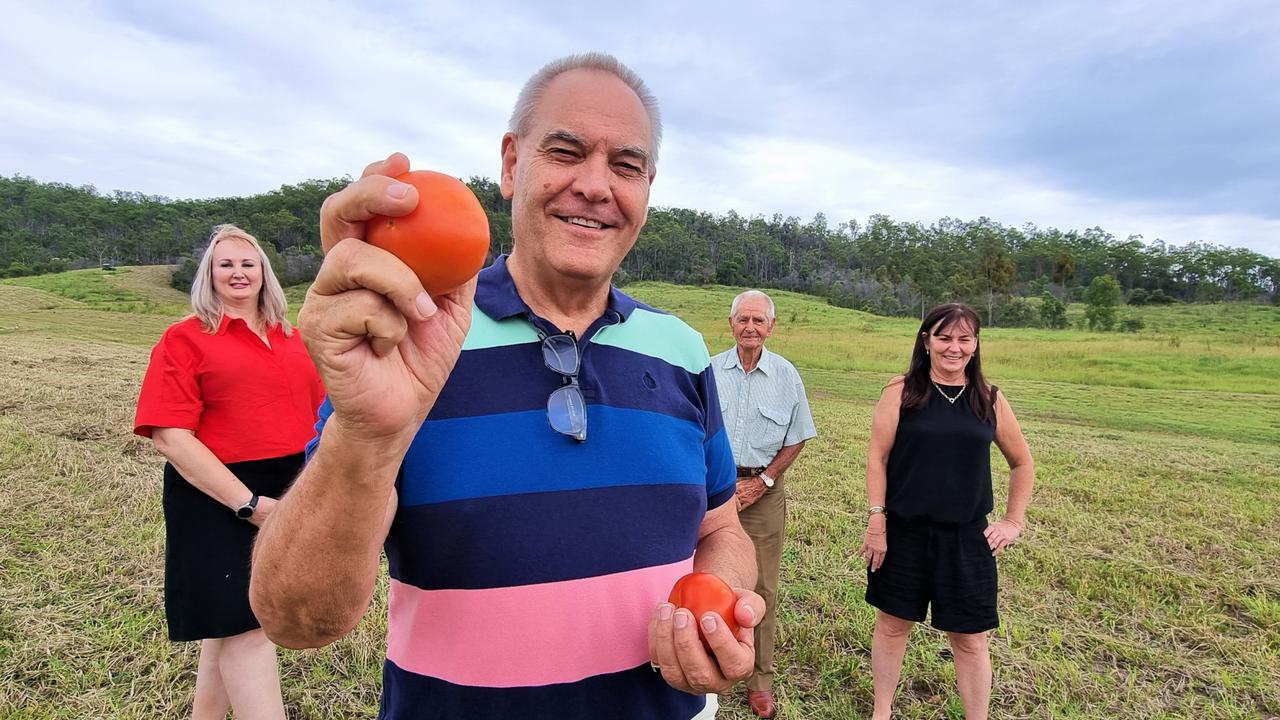
Development
Don't miss out on the headlines from Development. Followed categories will be added to My News.
A new community-owned $180m fruit and vegetable processing facility and cannery east of Toowoomba has taken a big step forward, after plans were lodged with the Lockyer Valley Regional Council.
Lockyer Valley Fruit and Vegetable Processing Company submitted its proposal earlier this month to build the massive factory off Roches Road in Withcott, which would create products from tomatoes, potatoes, beetroot, broccoli, berries and other fruits, vegetables and fungi.
According to the report by Precinct Urban Planning, the facility would employ nearly 600 workers once operational and process about 700,000 tonnes of produce every year (depending on seasons and demand).
“The facility will process the following fruits and vegetables, the majority of which will be sourced from local farmers in the Lockyer Valley,” the report said.
“The products to be processed will include frozen, fresh in modified atmosphere packaging, powders and fruits and vegetables in plastic and metal containers.”
The report said the development of the facility would be split into six buildings over three stages to create a variety of products.
Along with processing the produce in-house for traditional consumption, the facility will also create and store cans ready to be placed on supermarket shelves and make powders for a variety of uses out of produce normally thrown out.
Stage one will include building the plant rooms, most of the 470 car parks and much of the processing facilities, while stage two will feature the can manufacturing section and pallet processing line.
Stages three and four will involve building areas for processing tomatoes into tinned products and paste and create e a section to convert potatoes into chips.
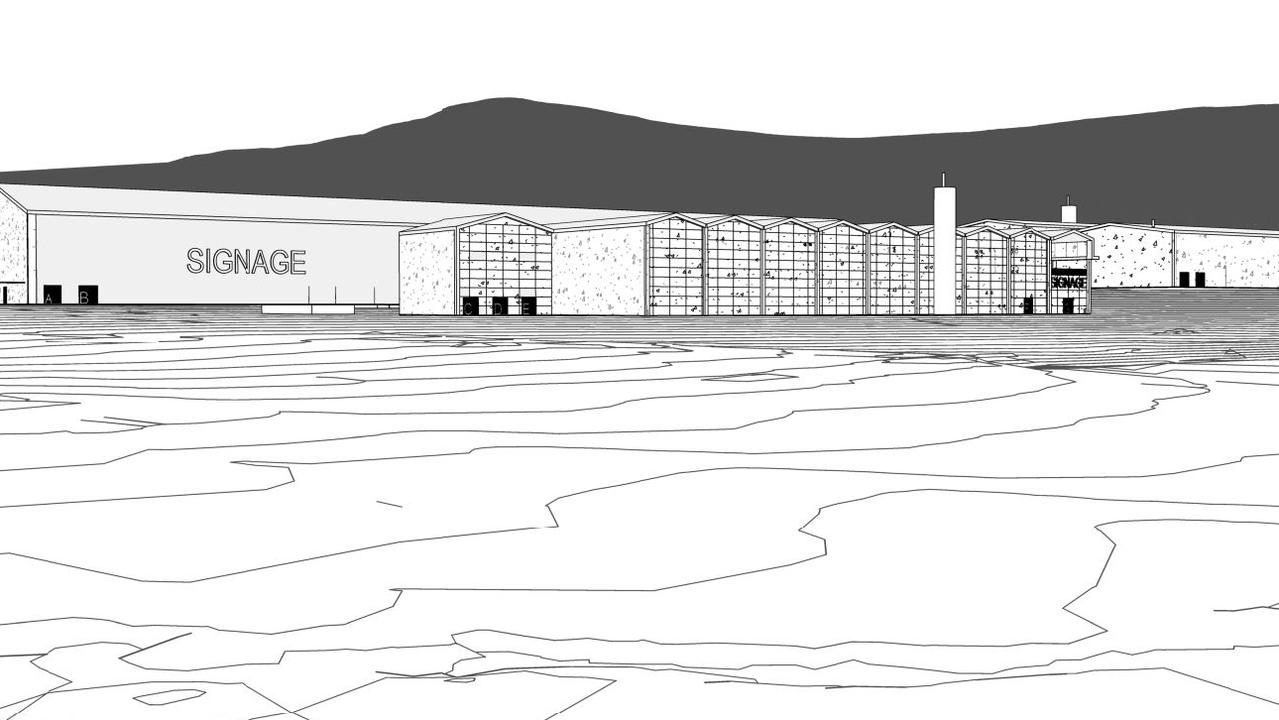
Speaking to The Chronicle in February, company CEO Colin Dorber said the project’s uniqueness stemmed from its ownership model.
“The goal is that 20,000 Queenslanders put in $1000 each and become members of the cooperative,” he said.
“The intention of the cooperative is to principally invest in the commercial entity to facilitate the building of the factory. In return, it will get dividends.”
The council has not responded to the application.






